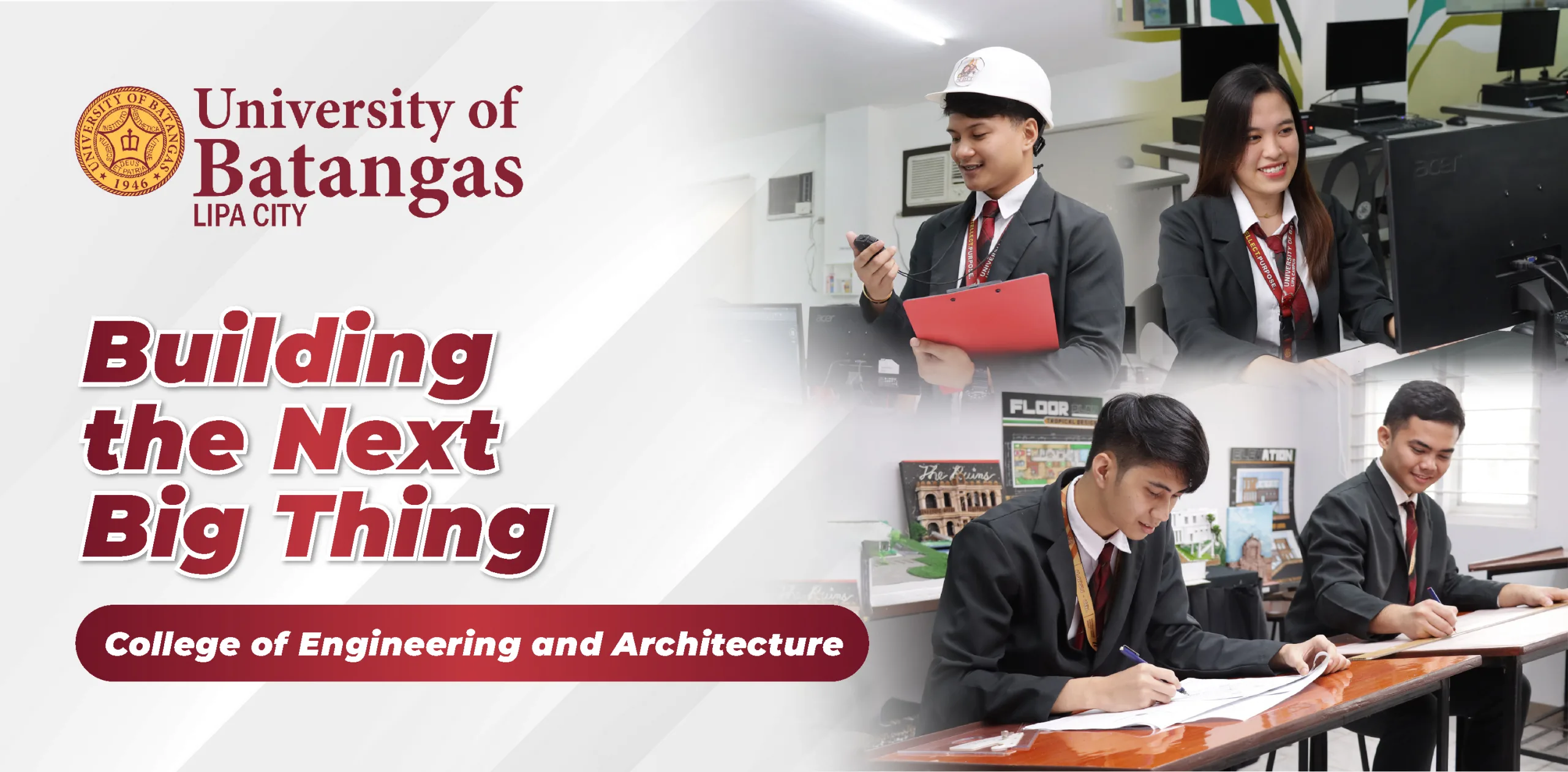Bachelor of Science in Interior Design (BSID) is a four-year degree program designed to teach students design concepts and methods of building interiors. It covers a wide range of professional practices such as interior design, furniture, and accessories design, visual merchandising, production design, exhibition design, interior landscaping design, and lighting design.
Program Educational Objectives
Bachelor of Science in Interior Design program aims to provide graduates to:
- ‣Demonstrate critical thinking of the principles, philosophies and theoretical frameworks of the discipline;
- ‣ Develop humanistic values and ethics of the interior design discipline in relation to health, safety, environment and public welfare issues that confront the discipline;
- ‣ Respond to the needs and demands of society and its integration into the social, economic, cultural and environmental aspects of nation building for sustainable development;
- ‣ Apply knowledge and skills that will enable them to successfully respond to various types of assessments (including professional licensure and certifications); and
- ‣ Confidently maintain a commitment to good corporate citizenship, social responsibility and ethical practice in performing functions as an interior designer.
Program Outcomes (adopted from CMO No. 44, s. 2017)
Graduates of the programs must have:
Identify, formulate, analyze, and solve interior design problems for various reasons which include, among others, the following:
- ‣ To meet national standards;
- ‣ To comply with global standards
- ‣ To enhance and protect the welfare, safety and health of the users of space;
- ‣ To address climate change, environmental hazards, and urban pollution.
- ‣ Synthesize earlier knowledge from prerequisite courses for application in current and future research learning settings.
- ‣ Formulate and implement design concepts, strategies and/or approaches using the latest technologies in interior design.
- ‣ Use the techniques, skills, and modern interior design tools, gadgets, machines and equipment necessary for professional practice
- ‣ Integrates theories, current issues, and design philosophies
Demonstrate knowledge of the following subject areas:
- ‣ Interior design
- ‣ Interior construction and utilities;
- ‣ Color Theory
- ‣ Furniture design and construction
- ‣ History of Arts and Interior Design
- ‣ Materials of design and decoration;
- ‣ Professional practice and ethics
- ‣ Effectively function and assimilate within a collaborative framework in multi-disciplinary teams and task forces
- ‣ Convey and communicate effectively through visual, oral, written, and virtual communications, whether interpersonally, through the mass media, or through electronic means or advances ICT technologies.
- ‣ Understand, apply, and practice ethical professional values and responsibility
‣ Confidently perform designs according to interior design global standards
- ‣ Design and conduct surveys, interviews, analyze and interpret data to meet desired needs of clients in interior design projects.
- ‣ Recognize the need to engage in lifelong learning
- ‣ Exhibit sensitivity to cultural, social, and environmental issues and advocacies

